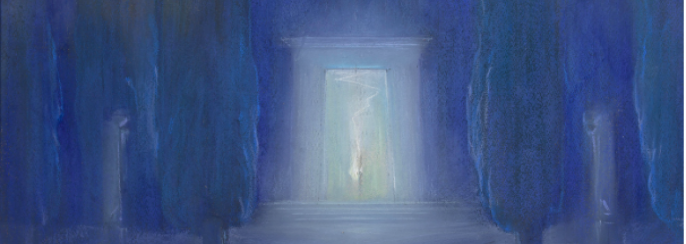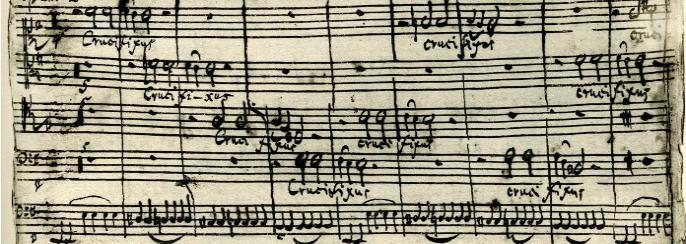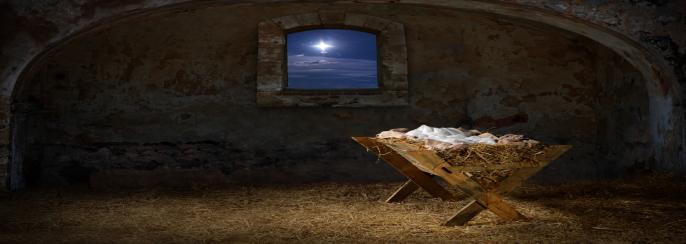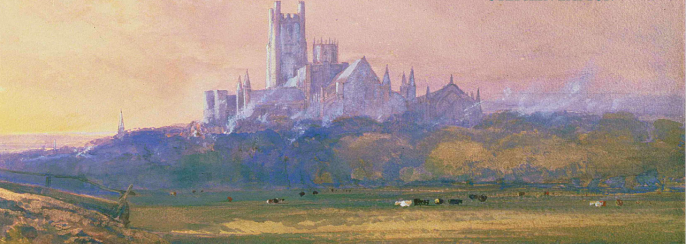Reviews
Review Search

Der englische Komponist Herbert Howells (1892-1983) war eine überaus interessante Persönlichkeit in der englischen Musiklandschaft, dessen Œuvre hierzulande leider viel zu selten beachtet wird. vielleicht weil sein umfangreiches Schaffen im Bereich der anglikanischen Kirchenmusik naturgemäß außerhalb des Einflussgebiets der anglikanischen Kirche weniger Interesse weckt. Dass dies eine äußerst...

Herbert Howells' Requiem must be one of the most beautiful and searingly moving works in the entire English sacred musical canon. Written in the early 30s but not released until 1980, it is inextricably linked to untimely youthful death; Howells modelled it on Walford Davies' A Short Requiem of 1915, written in memory of those killed in the war. Later, he drew heavily from it for Hymnus Paradisi...

It was the critic Claude Rostand, in 1950, who first adopted the phrase “moine ou voyou” to describe Francis Poulenc. It is translated here as “Half Monk/Half Rascal”, and though “moine” is certainly a monk, a “voyou” could easily be a more unsavoury character than a “rascal”. Rostand wanted to draw attention to the polarity between Poulenc’s devout Catholic faith and other aspects of his...

"Half monk, half rascal, they called him" , Poulenc's deep religous conviction shining through just as clearly in some works as his irreverent sense of humour did in others. Layton deftly contrasts both worlds on this disc, and the response of his Danish singers in works including the Sept chansons and Chansons francaises is both idiomatic and precisely-judged. A lovely record.
Reviewed by Guy...

The old rouge would have kissed them all, the men twice over. Poulenc may have created am impression of easygoing hedonism, and he certainly took an unusual angel on sacred music (monks playing football, indeed!) but his music demands precision and care even at its most rapturous, and there is plenty of rapture as well as wit in this intelligent selected programme. Layton gets a lovely, excact...

The title of this album, Half Monk, Half Rascal —originally coined as “half monk, half thug” by critic Claude Rostand in 1950—sums up perfectly the two personalities of Francis Poulenc, a man as devoted to his Catholicism as he was to his gayness, though not necessarily in that order. Poulenc himself is quoted as having said, “You know that I am as sincere in my faith, without any messianic...


















